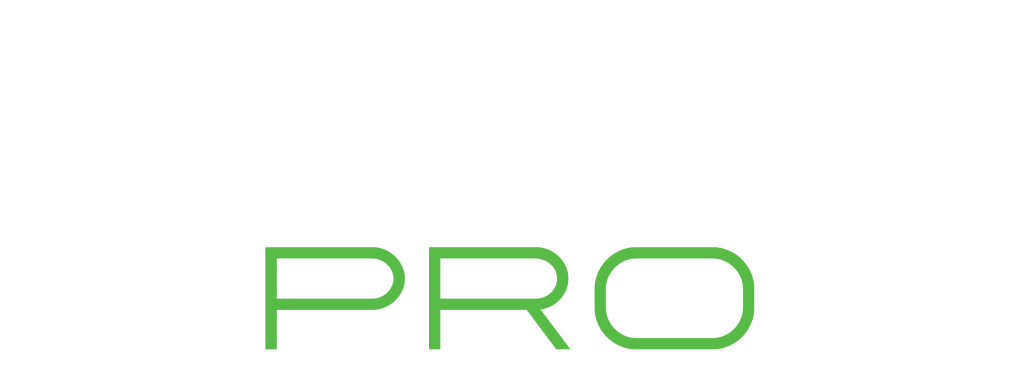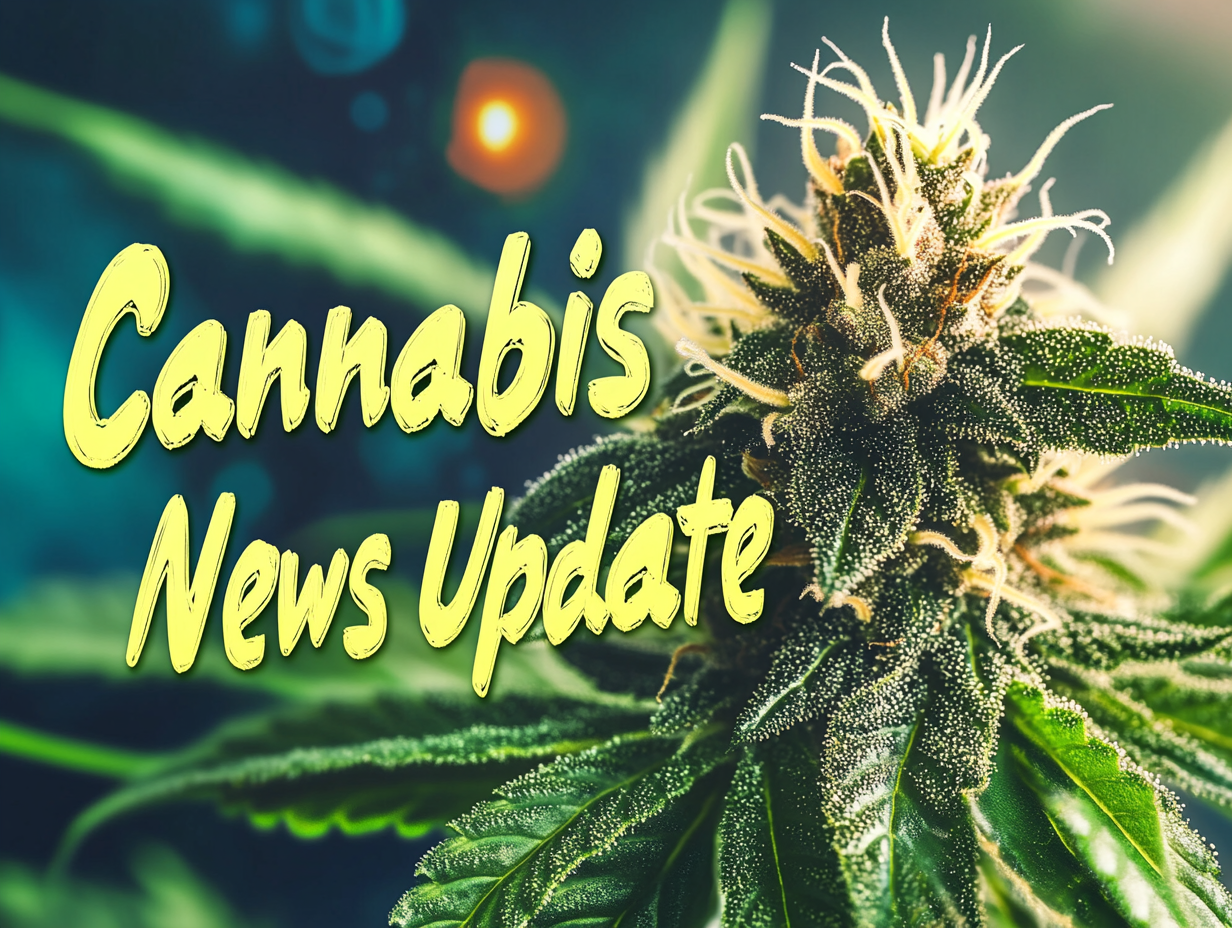Delta-8 vs. Delta-9 THC: New Study Reveals Similar Highs, Different Potencies
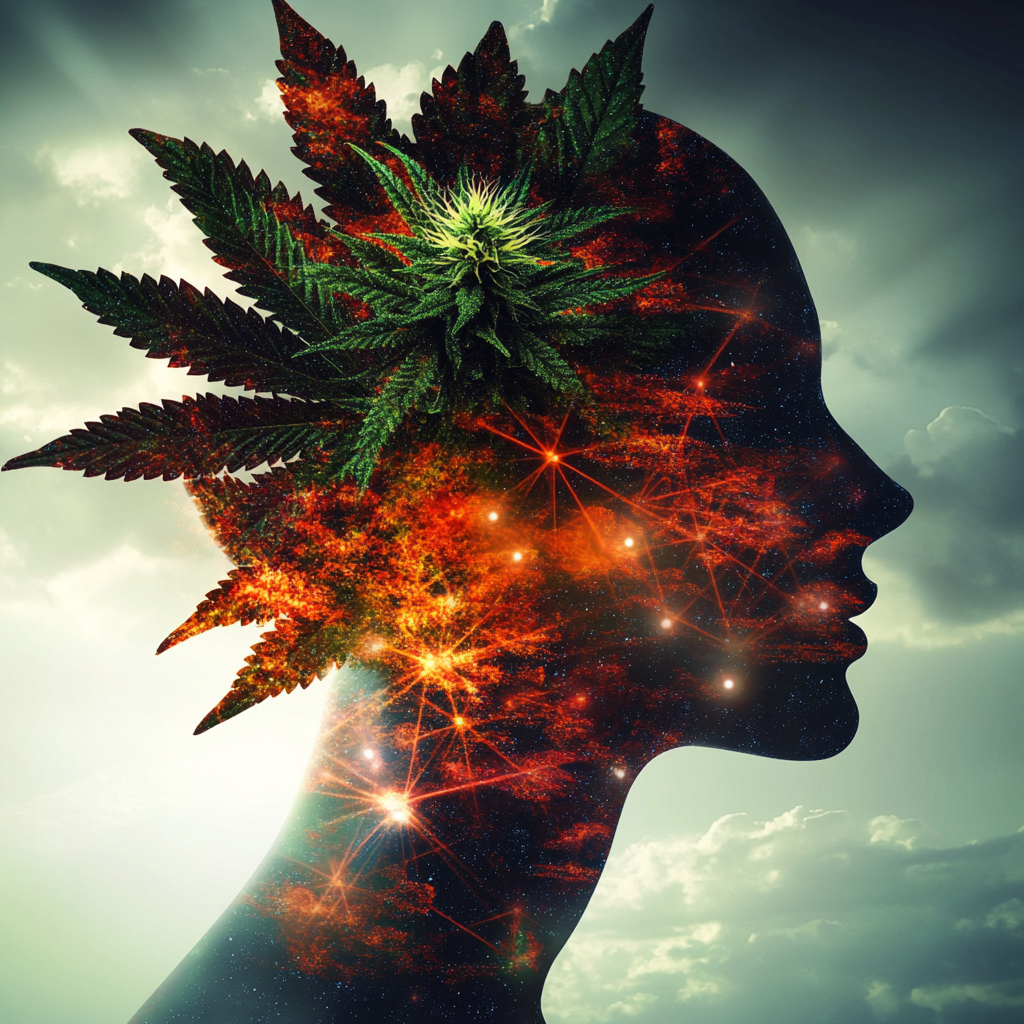
A landmark clinical trial has unraveled the effects of Delta-8-tetrahydrocannabinol (Delta8-THC), the rapidly emerging cannabinoid that is gaining popularity in the wellness arena.
Researchers at Johns Hopkins University carried out the double-blind, placebo trial involving 19 healthy adults to compare the acute effects of oral Delta8-THC to the more commonly known Delta-9-THC (Delta9-THC).
On separate occasions, subjects received brownies containing varied doses of Delta8-THC (10, 20, and 40 mg), one dose of Delta9-THC (20 mg) collectively, or placebo, administered during five sessions.
Cannabinoid levels in the blood, subjective effects, cognitive performance, and cardiovascular measures were determined.
The results showed that Delta8-THC caused dose-related psychoactive effects of Delta9-THC, though less potently.
Interestingly, Delta8-THC at 20 mg caused fewer side effects and less impairment of cognition compared to the same amount of Delta9-THC.
Nevertheless, when the Delta8-THC dose was increased to 40 mg, the effects equaled those of 20 mg of Delta9-THC, suggesting that higher doses of Delta8-THC can be as profound as Delta9-THC experiences.
The research calls for the necessity of having regulation laws that oversee the safety, labeling, and consumer education of Delta8-THC products, particularly due to their increasing availability and impression in the market as an inferior version relative to Delta9.
Source: Drug and Alcohol Dependence
UK Drug Enforcement Tactics May Fuel Violence, Government Review Finds

A Home Office-commissioned systematic review has cast doubt on the effect of drug enforcement by the police on reducing violent crime and homicide rates.
Conducted by RAND Europe, the systematic review of the world studies between 2011 and 2024 of the eight different strategies of enforcement, including selective enforcement, leadership removal, and seizure of drugs,
These studies indicate that such activities at best have limited success in preventing violence, and some programs can actually increase violent outcomes.
Particularly, the review speaks to the lack of UK-specific data, cautioning against the straightforward extrapolation of findings internationally into the UK context.
The report calls for additional studies of targeted enforcement strategies that are able to decrease violence while avoiding unintended impacts
These results are designed to inform the UK drug strategy of “From Harm to Hope” to act on drug-related crime using evidence-informed practice.
Source: UK Government Report
CBD-Infused Pillowcases: A Restful Solution for Sleep-Deprived Nurses
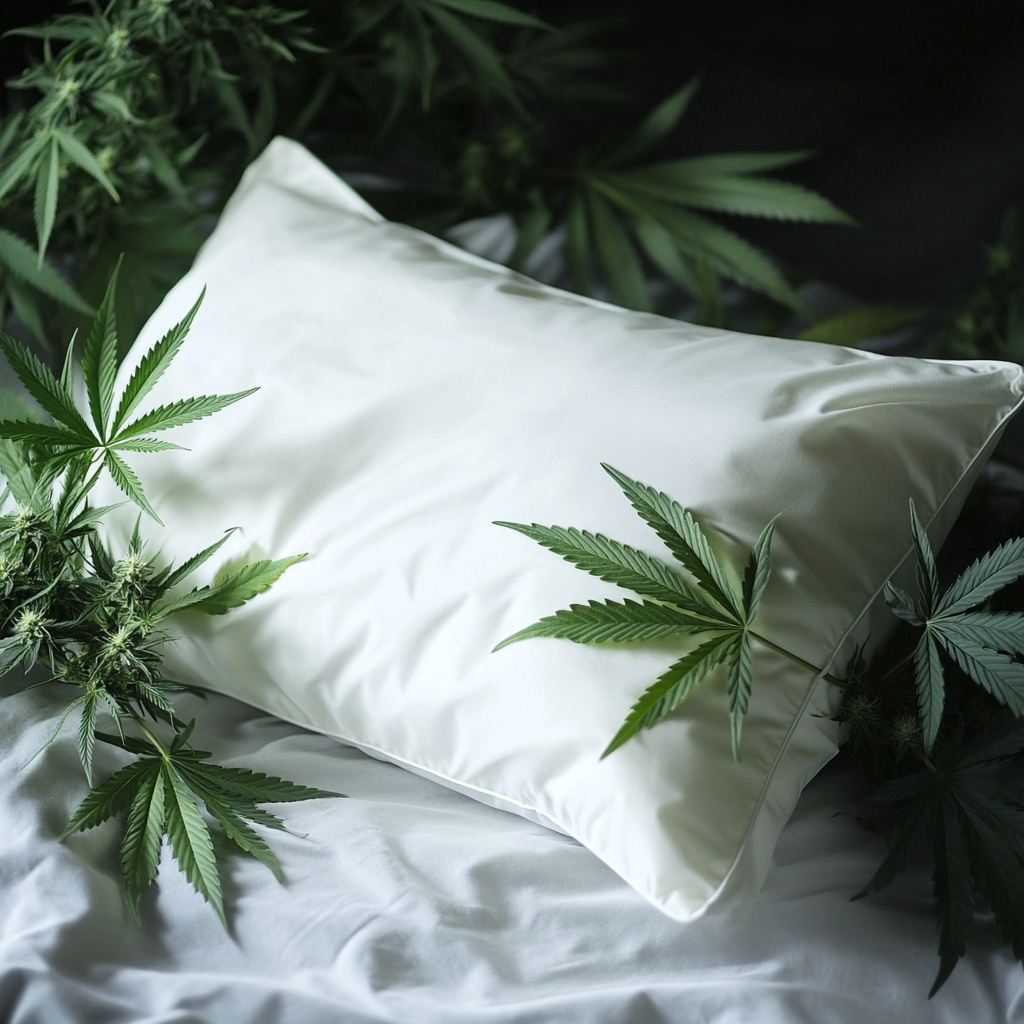
A novel route to the improvement of shift nurses’ sleep has been achieved using cannabidiol (CBD)-infused pillowcases.
A pilot study published recently in the journal Healthcare studied the impact of such pillowcases on sleep patterns, along with anxiety levels, among nurses who were subject to disrupted sleep caused by irregular work schedules.
The individuals reported enhanced sleep duration and quality, along with an overall decrease in anxiety.
The study suggests that one possible, non-surgical cure for shift workers’ sleeping disorders is the sleep-inducing, anxiolytic effects of CBD
Despite the promising results, researchers are calling for more large-scale studies to determine effectiveness and to establish standard practice to employ CBD in occupational medicine.
Source: Healthcare Journal
Psychedelic Use Linked to Enhanced Creativity and Connectedness

A recent study published in the journal PLOS ONE has found that psychedelic drug users are more creative and feel more connected than individuals that don’t use the drugs at all.
The study surveyed 326 participants, of which 187 were users of psychedelics and 139 were non-users, and assessed their creative thinking and feeling of connectedness to self, others, and the world.
Results showed that the psychedelic group was more creative and fluent at the creative tasks.
Also, their heightened sense of connectedness partially mediated the relationship between the use of psychedelics and creativity.
These findings contribute to the growing research examining the cognitive and affective effects of psychedelic compounds, including the impact that psychedelics can have upon creative processes and social relationships.
Source: PLOS ONE
Quarter of UK Adults Unaware of Legal Medical Cannabis Access
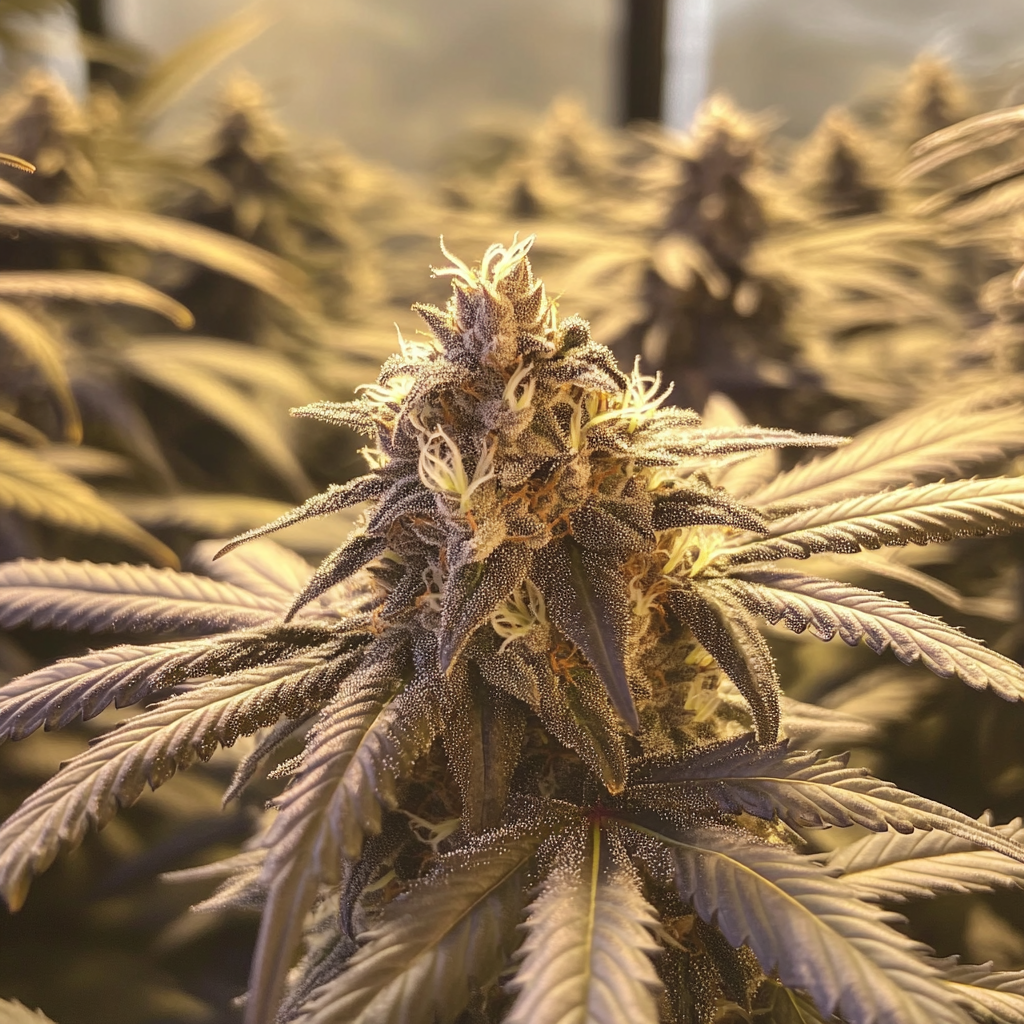
Even after the UK legalized medical cannabis in 2018, based on the recent survey, many seem to be unaware of the fact that it has been legalized, not to mention how to make use of it.
The survey, which polled 2,000 UK adults, found that while 79% knew of medical cannabis, only 26% knew that the NHS, and NHS and private healthcare professionals, prescribe it.
Young adults in particular were uninformed, with legal myths and availability myths being common.
The findings identify that public education is necessary to inform individuals with qualifying conditions, such as epilepsy or pain, that the treatments are available to them.
Health professionals, along with policymakers, are needed to bridge this knowledge gap to increase patient access to such treatments.
Source: Cannabis Health News
